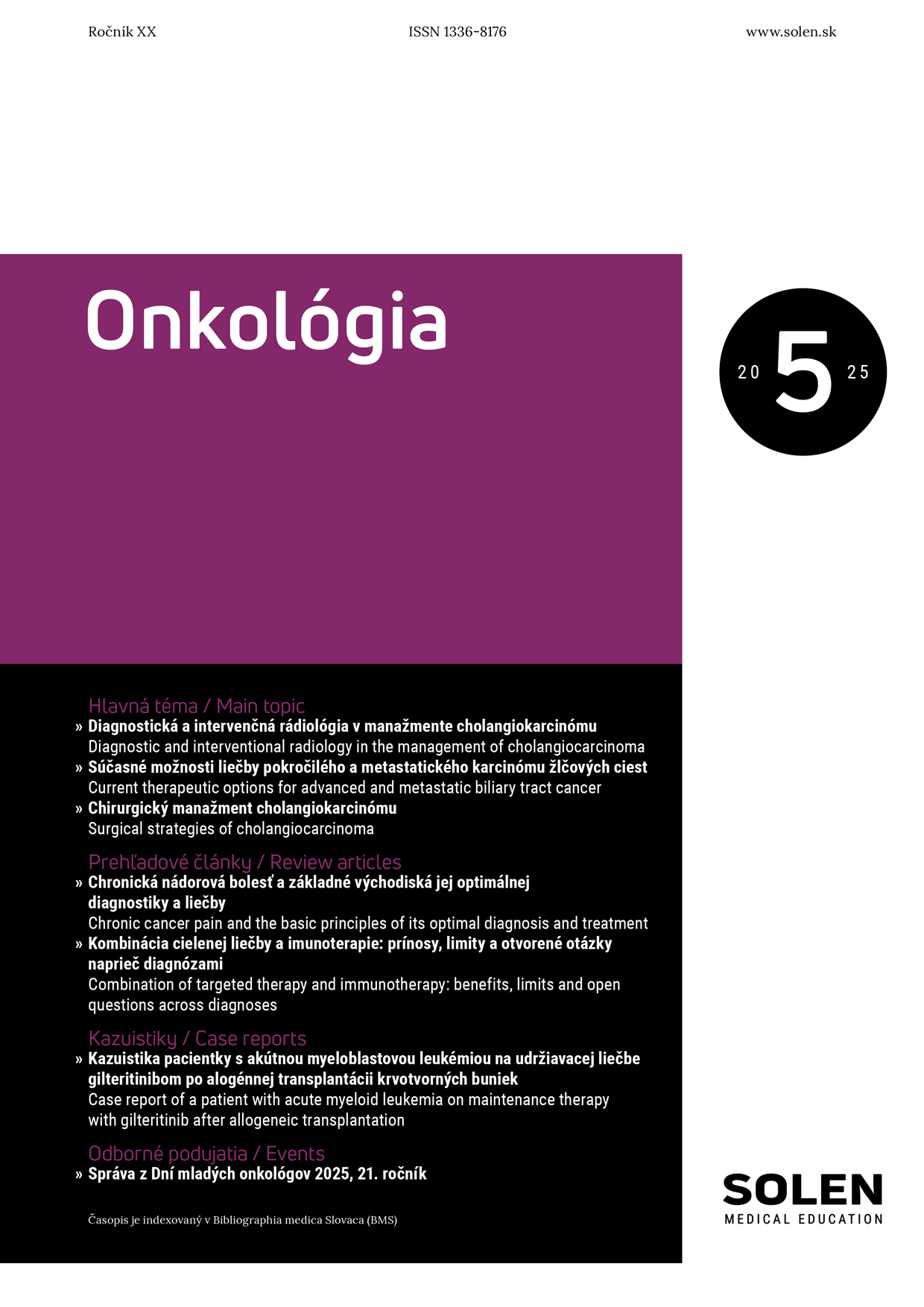Via practica 2/2023
Obesity as a cause of cardio-nephro-hepato-metabolic diseases
Visceral obesity with endocrine dysfunction of adipose tissue and chronic adipogenic and vascular (systemic) subclinical inflammation, insulin resistance, oxidative stress significantly influences the development of cardiometabolic, renal, hepatic and other obesity comorbidities. In addition to genetic predisposition, risky lifestyle (excessive caloric intake, physical inactivity, sedentary life), aging (senescence), intestinal microbiota dysbiosis, chronic infections, lack of sleep and xenobiotics also contribute to the development of the mentioned disorders. For a better understanding, as well as the development of new preventive and treatment strategies, we need to identify and characterize the mechanisms underlying the relationship between obesity and its associated chronic diseases. A breakthrough years ago was the discovery that adipose tissue is an active endocrine organ producing protein hormones and a number of other substances with an endocrine, paracrine, or autocrine effect. These substances are significantly involved in the regulation of glucose and lipid metabolism, food intake, modulation of immune and inflammatory processes. Many of these may represent the sought-after links between adipose tissue dysfunction in obesity and obesity-related cardio-metabolic, renal, and hepatic diseases.
Keywords: visceral obesity, dysfunctional adipose tissue, chronic subclinical inflammation, insulin resistance, cardiovascular diseases, liver diseases, kidney diseases

















